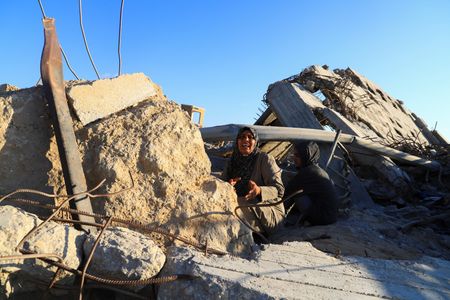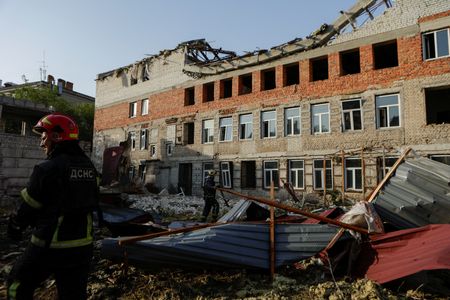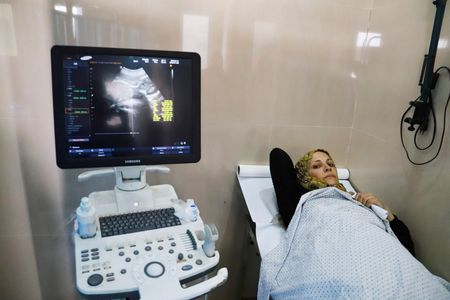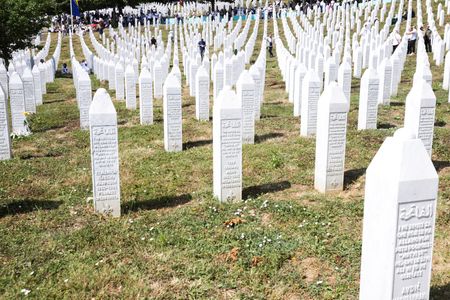(Reuters) – The leaders of Slovakia, Hungary and Serbia will meet on Tuesday to discuss protecting the European Union’s borders against illegal migration, including through new solutions, the Slovak government office said on Monday.
Slovak Prime Minister Robert Fico and Hungarian Prime Minister Viktor Orban, who have long taken hard lines against migration, will meet Serbian President Aleksandar Vucic in Komarno, Slovakia, to discuss ways to counter illegal flows.
Cooperation with Serbia and other western Balkan states is key to stemming illegal migration flows, the Slovak government office said.
This includes measures to strengthen border protection, supporting partner countries’ asylum procedures and aligning visa policy with the European Union.
“An innovative solution could be external centres, so-called hotspots for processing asylum applications outside the EU, which is currently being put into practice, for example, by Italy in cooperation with Albania,” the office said.
Italy reached an accord for migrants to be processed in Albania, a scheme some European countries have said could be used as a model.
EU leaders met last week and agreed to use all their leverage to speed up the return of those illegally entering the bloc.
Serbia, which is not an EU member, has long been an entry point into the bloc for migrants coming along the Balkan route from the Middle East and north Africa.
But the number of illegal crossings in the western Balkans has fallen 79% in the first nine months this year to just under 17,000, almost three times fewer than some Mediterranean routes, according to border agency Frontex’s data.
Since June, data from Hungary’s police show a rise in the number of illegal migrants stopped before or after crossing the border, with weekly figures increasing into the hundreds.
The highest number of stops were reported at the end of September, when 531 people were prevented from crossing the border illegally and 394 people were detained within the borders of Hungary and sent back to Serbia.
(Reporting by Jason Hovet in Prague and Anita Komuves in Budapest)










